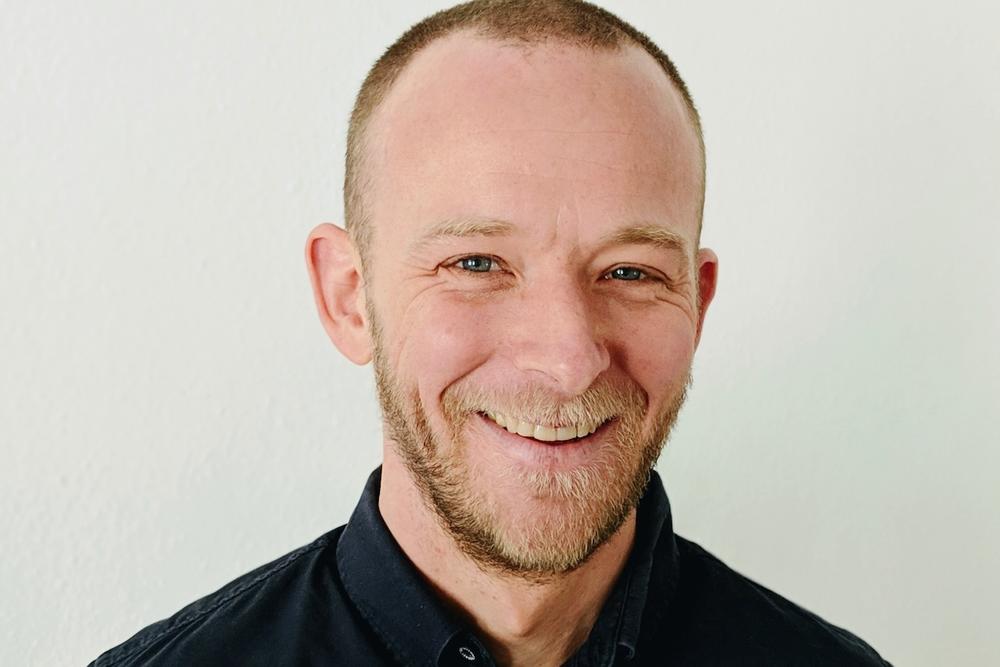What Is the State of Academic Freedom at German Universities? Insights from a Representative Survey
Julian Hamann, Professor of Higher Education Research, Humboldt-Universität zu Berlin
Oct 16, 2025
Is the freedom of research and teaching in Germany being restricted? What exactly constitutes a restriction – are constraints systematic, and what are they motivated by? The debate surrounding these questions is polarized and often emotionally charged. Such passion is understandable, given that academic freedom is a highly valued principle. Precisely for this reason, public discourse – which has often been influenced by isolated incidents and debates drawn from the US context – would benefit from more solid empirical foundations.
To lay such a foundation, Gregor Fabian (DZHW, Berlin), Mirjam Fischer (Humboldt-Universität zu Berlin and Goethe University Frankfurt), Uwe Schimank (University of Bremen), Christiane Thompson (Goethe University Frankfurt), Richard Traunmüller (University of Mannheim), Paula-Irene Villa Braslavsky (Ludwig-Maximilians-Universität München), and I conducted a study in 2024, funded by the ZEIT STIFTUNG BUCERIUS.
Majority of Respondents Report a Positive Situation
This is the first representative survey on academic freedom in the German higher education system. Around 9,000 academics across all career stages and employment levels were surveyed. The study provides nuanced insights: overall, roughly four in five respondents (79%) rate the autonomy and academic freedom within the German research system as fairly good or very good. 80% feel (rather) free when publishing their research findings, and 92% feel free when selecting their teaching materials. As such, the data do not necessarily support claims of a widespread “cancel culture.”
At the same time, our study shows that researchers do perceive certain constraints. 14% of respondents said they had avoided a research topic for fear of negative repercussions. Around 5% reported experiences of moral discrediting or professional problems related to their research or teaching. Even though these percentages may seem small, in relation to the total population this would mean that several thousand scientists are affected. Thus, the answer to the question of academic freedom must be a differentiated one – and it should clarify where legitimate critique ends and illegitimate restriction begins, and at what point individual cases become indicative of a broader structural issue.
Differences Across Disciplines and Employment Groups
The picture becomes more complex when academic freedom is examined by career stage and discipline. Our study reveals that professors tend to view the situation more positively than non-tenured faculty. This suggests a link between academic freedom and precarious employment conditions. Restrictions are also more frequently reported in the humanities and social sciences, although they are not limited to these fields. This is partly because controversial topics extend far beyond gender-inclusive language – despite the impression given in public discourse. When asked which topics should be allowed at universities, our respondents also expressed diverging opinions on issues such as military research, animal testing, and the cloning of human embryos. This indicates that politically sensitive research exists not only in the humanities and social sciences but also in the life sciences and engineering.
Returning to the initial observation: In addition to offering a more differentiated perspective on academic freedom itself, our study also provides insights into the effects of the current discursive climate. The data reveal a discrepancy between actual experiences of restriction and the much higher level of anticipated restrictions. The emotionally charged and polemical rhetoric that dominates public discussions around academic freedom and “cancel culture” can, in fact, reinforce such expectations and lead to anticipatory adaptions in research and teaching. For this reason alone, more solid empirical foundations for the debate are essential to counteract these discursive dynamics.

